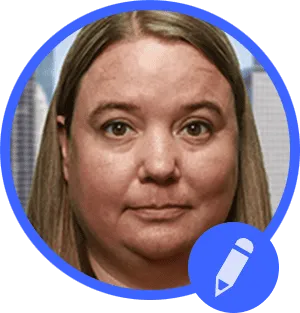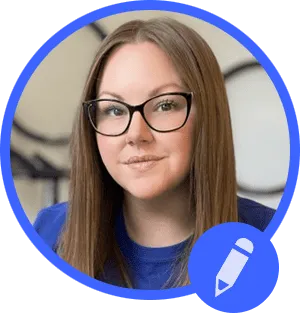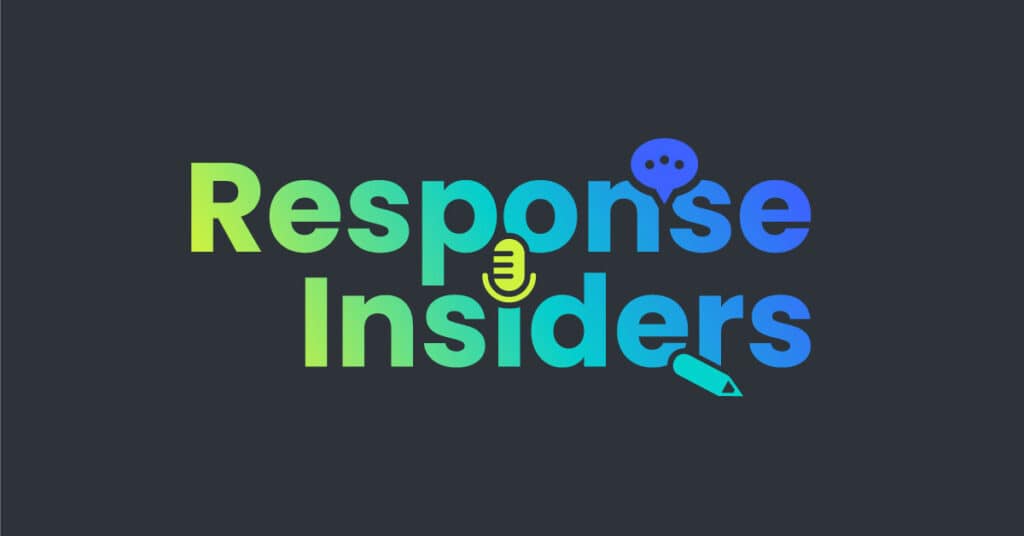Real Stories.
Exclusive Events.
Insider Insights.
Meet the new Response Insiders.
Insider Voices

Tanya Boutin
One Unexpected Day, 10 Years of Success: Admin Assistant Turns Proposal Pro

Jacki Toms
A Wild Career Path: Zoology Major, Technical Writer, Proposal Designer, What’s Next?
What’s Response Insiders?
Proposal teams are extremely talented, strategic, and creative. That’s why the new Response Insiders puts your work in the spotlight.🌟 Sign up for unique stories, industry insights, and intimate events.

Here’s What You’ll Get By Joining:
Unique Stories from Your Proposal Peers
Invites to Exclusive
In-Person Events
A Monthly Shortlist of Industry News & Events
Access to the Original Slack Community
Become a Response Insider
Frequently Asked Questions (FAQs)
-
By joining Response Insiders, you’ll get access to:
- Intimate event invites (IRL and virtual opportunities)
- Access the RI monthly newsletter, called The Shortlist
- A network of peers to connect with and learn from
- Community badges that highlight how you’ve participated
-
No, Response Insiders is completely free. We don’t want to gatekeep proposal teams’ valuable insights.
-
You can become a Response Insider by signing up through the form on this webpage.
Once you sign up, you’ll get an official Response Insiders badge, which you can add to your LinkedIn profile to easily find peers who have joined. -
Response Insiders is a one-of-a kind, insider destination for proposal teams.
Here, you’ll get:- Real stories from the proposal community
- Exclusive invites to events in a city near you
- An opportunity to advance your professional development by contributing to our insider articles and monthly newsletter
We’ve evolved into a destination that publicly celebrates the stories, insights, and expertise of proposal teams.
